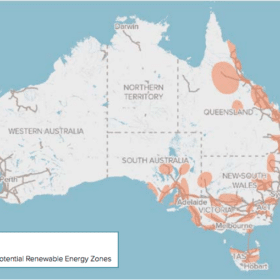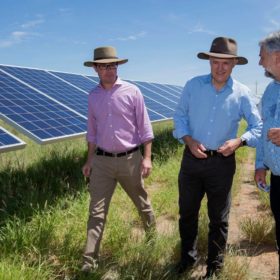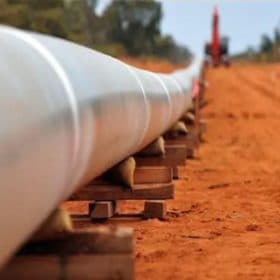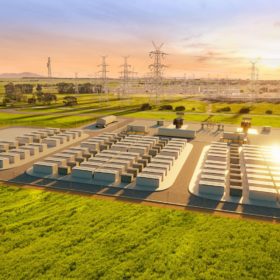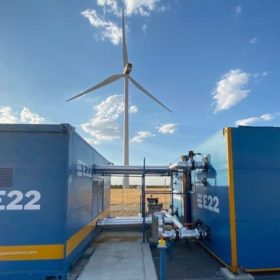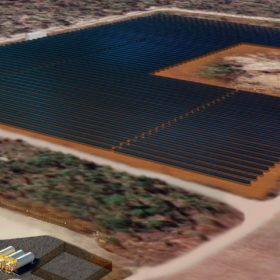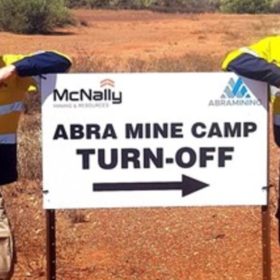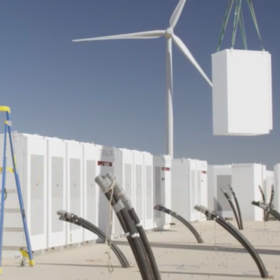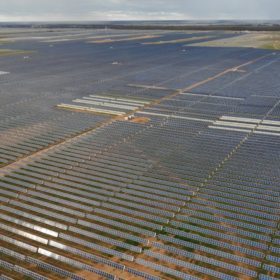Government advisors class multiple renewable projects among Australia’s highest infrastructure priorities
Australia’s infrastructure advisory body has added a number of renewable energy-related projects to its priority list, recognising the need for investment in the “once-in-a-lifetime transition from thermal generation to intermittent renewables.”
Turnbull to chair Fortescue’s ambitious renewable energy business
Iron ore giant Fortescue Metals Group’s ambitious Fortescue Future Industries wants to build a renewable energy portfolio of more than 235 GW. The ambition, combined with the apparently bullish effort of Fortescue executives in recent months, has garnered headlines, and now Fortescue has announced former Prime Minister Malcolm Turnbull and former National Intelligence chief Nick Warner as part of its team.
Victoria devotes $10 million more to hydrogen, and joins the dots of a green hydrogen economy
In the race to develop hydrogen projects, pilots and potential, Victoria has stated its advantages and desired outcomes. The Australian Hydrogen Council commends the state’s just-published Renewable Hydrogen Development Plan as “comprehensive”.
Neoen completes financing for 300 MW Victorian Big Battery
Construction has commenced on the 300 MW / 450 MWh Victoria Big Battery storage facility near Geelong after the Clean Energy Finance Corporation (CEFC) provided French renewable energy developer Neoen with a $160 million funding injection.
Trina Solar enters storage business
The module manufacturer’s new storage unit, Trina Storage, aims to create innovative solutions for the combination of photovoltaics and storage, grid services and other applications.
Gransolar plans 13 big batteries for SA, Victoria, and NSW
Gransolar’s battery division, E22, will reportedly develop 13 large-scale batteries in South Australia, Victorian and NSW.
Re-juwi-nating Jabiru: solar-hybrid contract awarded
In the middle of Australia’s most iconic natural landscape, the township of Jabiru has begun its transition from uranium-mine support community, to Indigenous cultural hub and tourism centre. The local arm of German renewable energy pioneer, juwi brings its deep experience in off-grid power systems to the project.
Silver renewable lining to Abra’s rich new silver mining project in WA
Hybrid energy systems are blooming in Australia’s remote locations, as renewables are increasingly partnered with gas or diesel to advance the greening of desert industries and communities that operate far from the grid.
Australian assets prove pivotal for Neoen’s strong 2020 results
Renewables developer Neoen has released its 2020 results, announcing an 18% increase in revenue from 2019, a significant portion of which materialised from its Australian assets including the Hornsdale big battery.
Record number of renewables entered grid in 2020, record number joined the queue too
The Australian Energy Market Operator’s second State of the System update, a sort of ‘Around-the-Grounds’ of the National Energy Market, has revealed that 2020 set new records for both number of new projects connected and new megawatts of generation.
